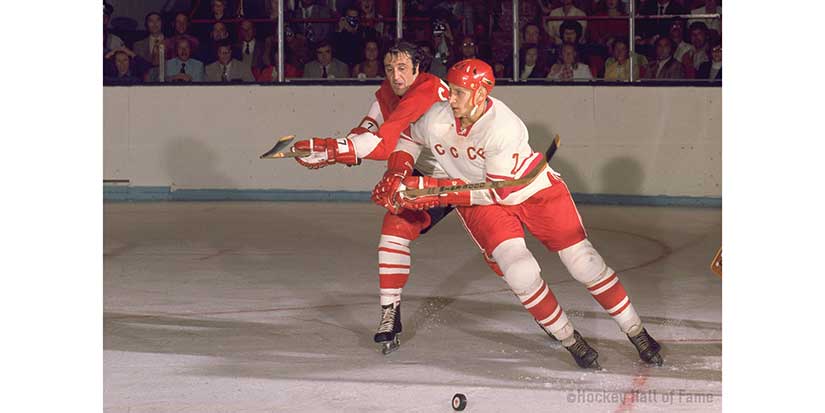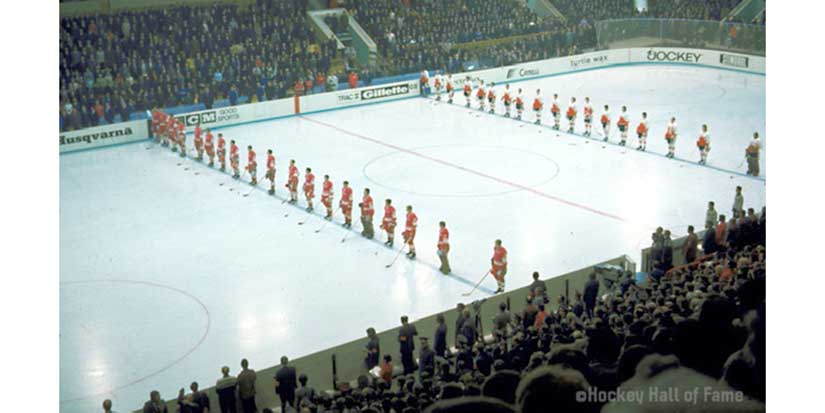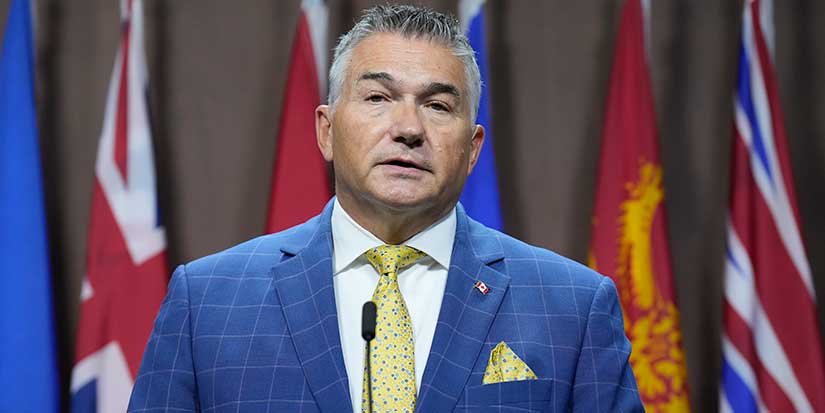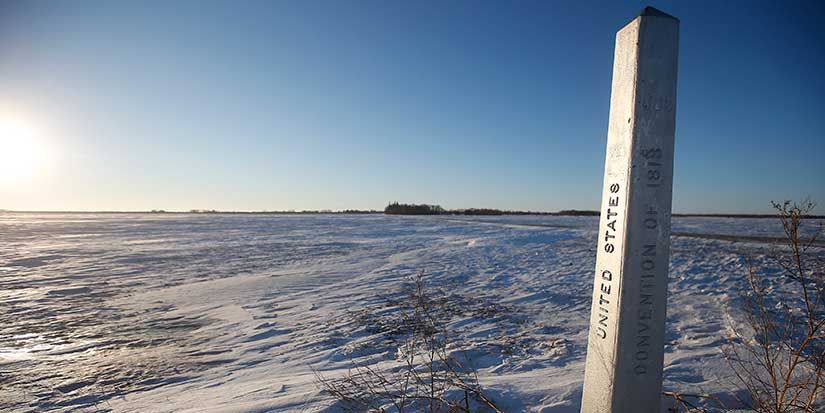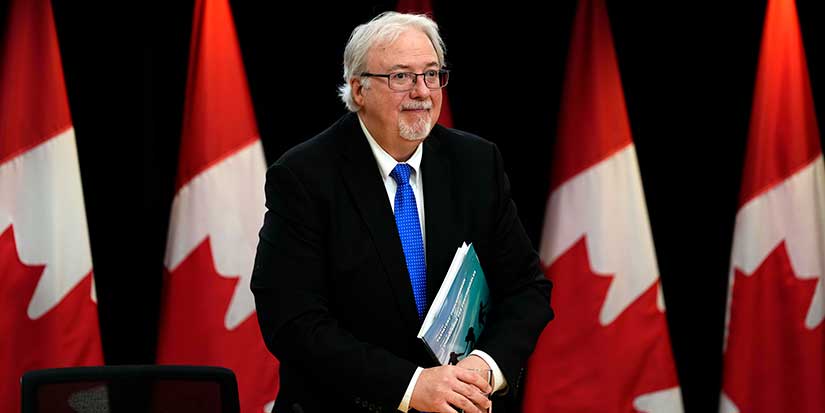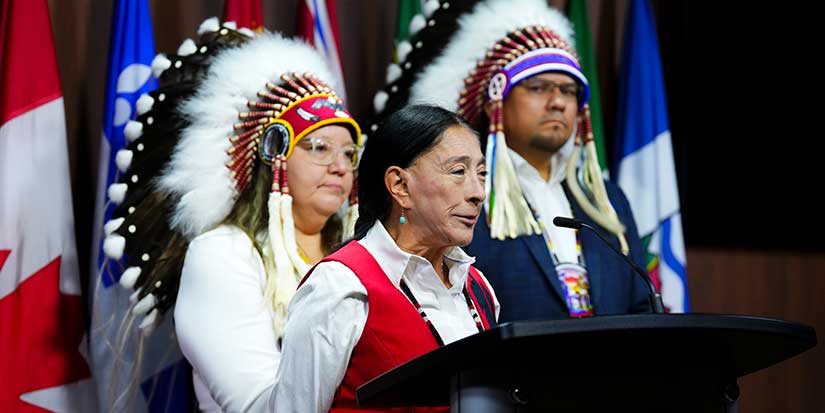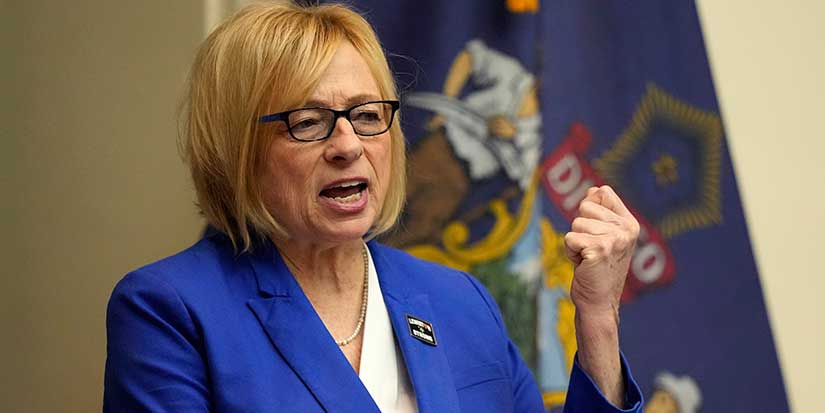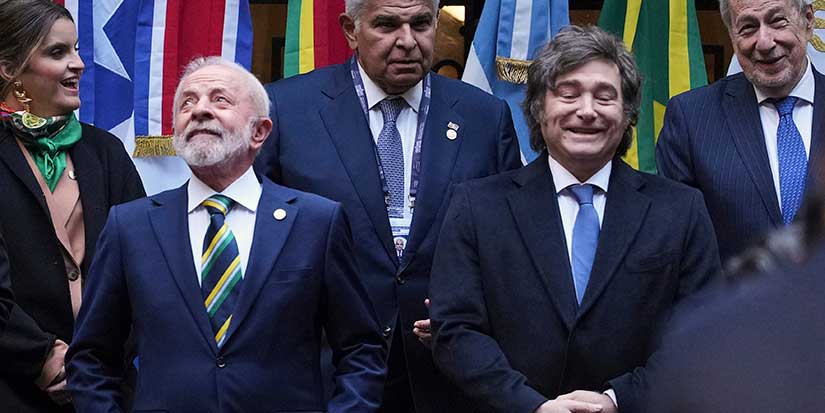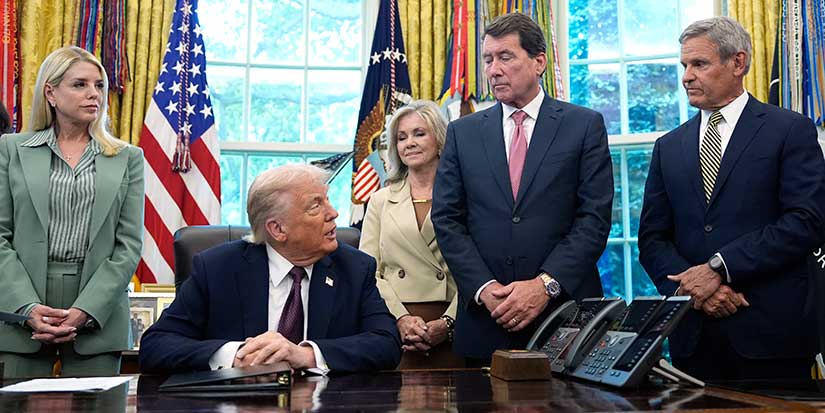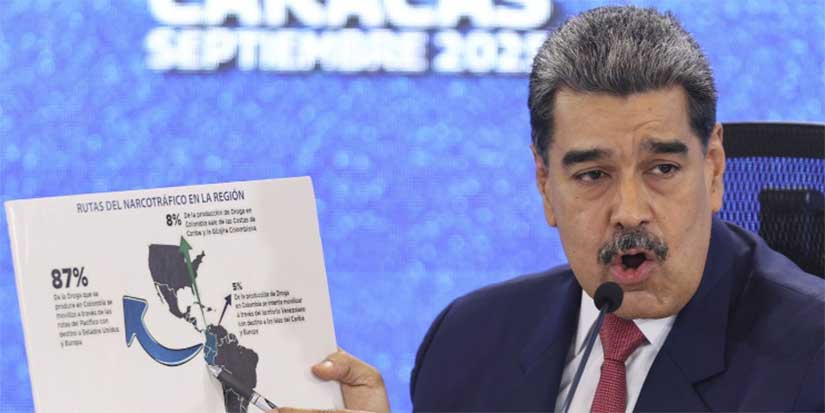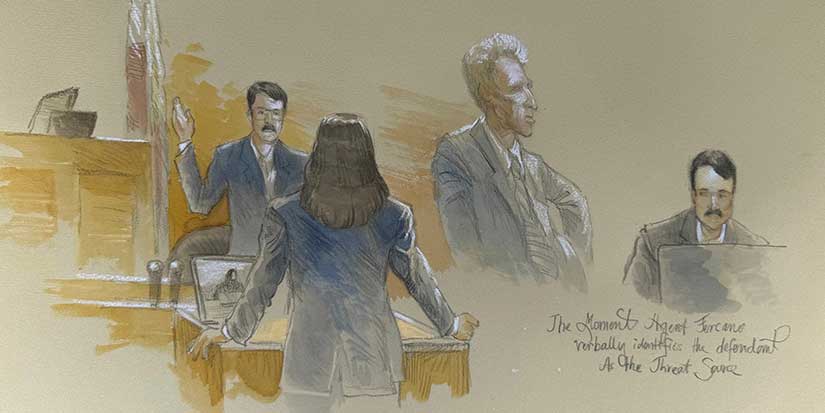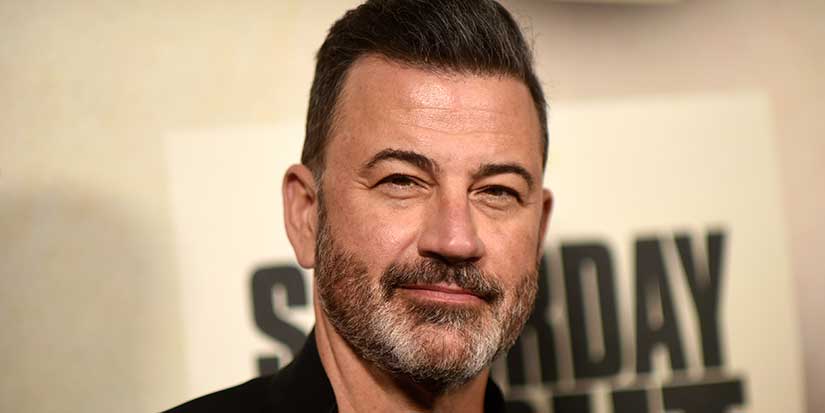Latest News
Docuseries marks 50 years since iconic hockey series

By Jim Gordon and Leeta Liepins
Published 2:18 PDT, Fri September 16, 2022
Last Updated: 4:05 PDT, Fri September 16, 2022
—
The Summit Series was meant to be a friendly series between two countries, with the best of the National Hockey League (NHL) from Canada facing off against the world champion amateurs from the former Soviet Union. It quickly became so much more.
Award-winning writer, producer, and director Robert MacAskill spoke with the Our City Tonight team about Summit 72, the new docuseries airing this month on CBC and CBC Gem.
Our City Tonight: You were part of an amazing team that put this series together. For those who were too young, or not born yet, talk about this friendly eight-game series which quickly became an us versus them, winner-take-all hockey series.
Robert MacAskill: We always believed that one of things we did better than anyone in the world was play hockey. At the time, Canadian content in the NHL was up around 98 per cent. Some knew there was a strong European game, (and) players like Rod Seiling and coach Harry Sinden had played the Soviets before and knew how they were developing their game. The Soviets used their game, as they used science and the space race, to show how great their system was and how superior it was to the capitalistic society. They weren’t sure they could beat the Canadians, but they knew they could compete.
OCT: Not to take away from any of the great players back then—ones we grew up with and loved—but this was another era where athletes were not training intensely all summer. They were showing up overweight, drinking lots of beer. Then you get Game 1, which was expected to be a rout by the Canadians, and they lose 7-3. By the time they get to Game 4 in Vancouver, the fans are booing Team Canada and Phil Esposito steps up to the microphone and says, basically, “enough.”
RM: It was certainly one of the turning points in the series. They lost Game 1, won Game 2, and tied Game 3. By the time Game 4 happened in Vancouver, the wheels had fallen off for the Canadians with another loss. Esposito did the interview at the end of the game because he really wanted to give the country a piece of his mind. The fans were booing Team Canada and cheering for the Soviets which was completely unexpected by pretty much everyone in the country. Vancouver is a very educated hockey town and they could tell the Canadians were facing a tremendous opponent, and they cheered them as they should have. Hockey fans like to express themselves as the story warrants, though I don’t think they should have booed Team Canada.
OCT: Once the series moved to Moscow, the drama increased. There was hotel bugging, a Game 8 referee change, Peter Mahovlich was in the stands protecting then-agent Alan Eagleson, and by that last game, 90 per cent of the Canadian population was watching.
RM: Yes, I think unless you had a recording of the games, you could tell this story and very few people would believe you. We played a great Game 5 but lost, then won Games 6 and 7, which meant it all came down to Game 8. The Soviet system—and I refer to that system, certainly not the people or the players, but their politicians and authorities—really felt they had the victory and it was slipping through their fingers. So they tried a number of things during and before Game 8 to give their team the advantage but the Canadian crowd, 3,000 of them from Canada, were all chanting: “Let’s go home.” In the end, the Canadian fans didn’t want to be cheated, and they weren’t. The Canadian team, led by Esposito and Paul Henderson, who was struck by lightning with three game winning goals (including the series’ iconic winner in Game 8), became part of what makes this series unique.
OCT: There is a comment early on in this docuseries by the former Montreal goaltending great Ken Dryden who says that Game 1 Team Canada loss was the most transformative game in NHL history. What the Soviets brought to the game was certainly a positive for what the NHL would grow to become.
RM: That’s right. At the time, the NHL was very much a “north-south” game. There wasn’t the intricacy we witnessed that night in Game 1 by the Soviets. Certainly most people had not seen this style or this level of skill and speed. We watched a game that has now merged into the kind of game we see today. It is physical but highly skilled and disciplined in terms of conditioning. NHL players back then would freely admit they spent the first half of the season playing themselves into shape. The Soviets played and trained 11 months of the year, and they knew the respectability of the country was on the line. This series meant a lot more to them than just winning a hockey game.
For the full video interview, visit richmondsentinel.ca/videos
Jim Gordon and Leeta Liepins are contributing writers to the Richmond Sentinel.
